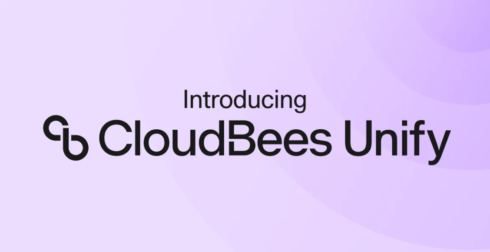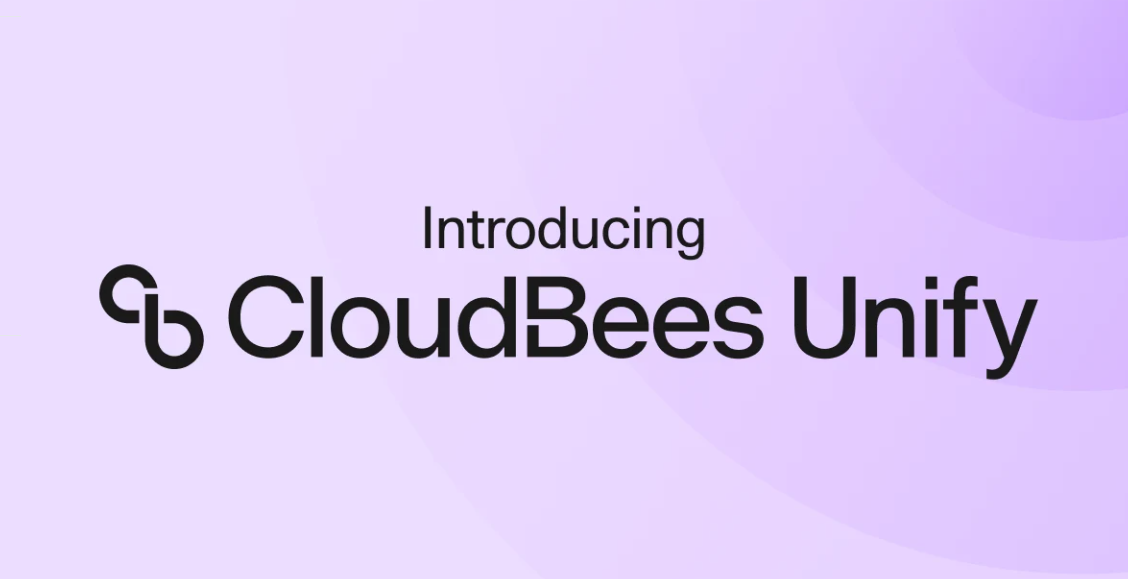
CloudBees has announced it has brought its multiple standalone products together under a single platform called CloudBees Unify.
According to the company, CloudBees unifies acts like a layer on top of existing toolchains, and it uses an open and modular architecture to connect to other tools like GitHub Actions and Jenkins.
Key features include a unified control plane, progressive adoption model, continuous security scanning, AI-driven testing, and artifact traceability and unified releases.
“Since our founding, we’ve been partnering with the world’s most complex organizations to help them deliver software with speed, safety, and choice,” said Anuj Kapur, CEO of CloudBees. “CloudBees Unify builds on that foundation of trust and openness, giving enterprises the flexibility to integrate what works, govern at scale, and modernize on their own terms, without the need to rip and replace. We’re meeting them where they are and helping them move forward with confidence.”
YugabyteDB adds support for Postgres extension DocumentDB
DocumentDB is an open source NoSQL database created by Microsoft to offer a Postgres-based standard for BSON data types.
According to Yugabyte, adding NoSQL workloads into YugabyteDB provides developers with more database flexibility and cuts down on database sprawl.
“Although developers use MongoDB for NoSQL document database needs, it is not open source and presents many users with vendor lock-in issues,” said Karthik Ranganathan, co-founder and CEO of Yugabyte. “Enterprises are looking for a single multi-cloud, vendor-agnostic solution, based on open standards, that can meet their SQL and NoSQL requirements. The icing on the cake is that it is based on Postgres, the fastest growing database in terms of adoption. That’s what we’re providing with the Postgres extension to support document data and operations.”
Azul and JetBrains announce partnership to improve Kotlin runtime performance
Together the companies hope to find ways to improve runtime performance, combining Azul’s JVM expertise with Kotlin’s ability to control bytecode generation.
“On the Kotlin team, we pay close attention to performance, offering language features such as inline functions and classes, optimizations in the standard library, thoughtful bytecode generation, and the Kotlin coroutines library, among other initiatives. A significant contribution to runtime performance comes from the JDK. We believe that viewing these components as an integrated system can bring even greater performance benefits,” JetBrains wrote in a blog post.

